Share this @internewscast.com
Summer is the perfect season to relax, unwind, and enjoy the warm weather with family and friends. Whether you’re planning a beach vacation, a backyard barbecue, or simply looking to make the most of sunny days, having the right gear can make all the difference. To help you elevate your summer experience, we’ve curated a list of the 10 Amazon top 10 finds that will ensure you have the best summer ever.
Here are the Amazon Top 10 Finds to enjoy your summer with.
SwimBaby™ Non-Inflatable Baby Swimming Float Seat

Introducing SwimBaby™ Non-Inflatable Baby Swimming Float Seat, the perfect way to introduce your baby to the water! Made with high-quality materials and a secure design, this float seat allows for a safe and comfortable water experience for your little one. With its non-inflatable design, there’s no need to worry about any punctures or leaks. Perfect for developing water confidence and promoting physical and cognitive development in your baby.

Root’Em’Weed™ Portable Weed Puller

Remove weeds with ease and prevent them from growing back with Root’Em’Weed™. Designed with a portable and ergonomic design, this weed puller eliminates the need for bending and kneeling, making gardening less strenuous. Its innovative design targets the root for effective and long-lasting results. Experience a weed-free garden effortlessly.

Travel Neck Buddy™
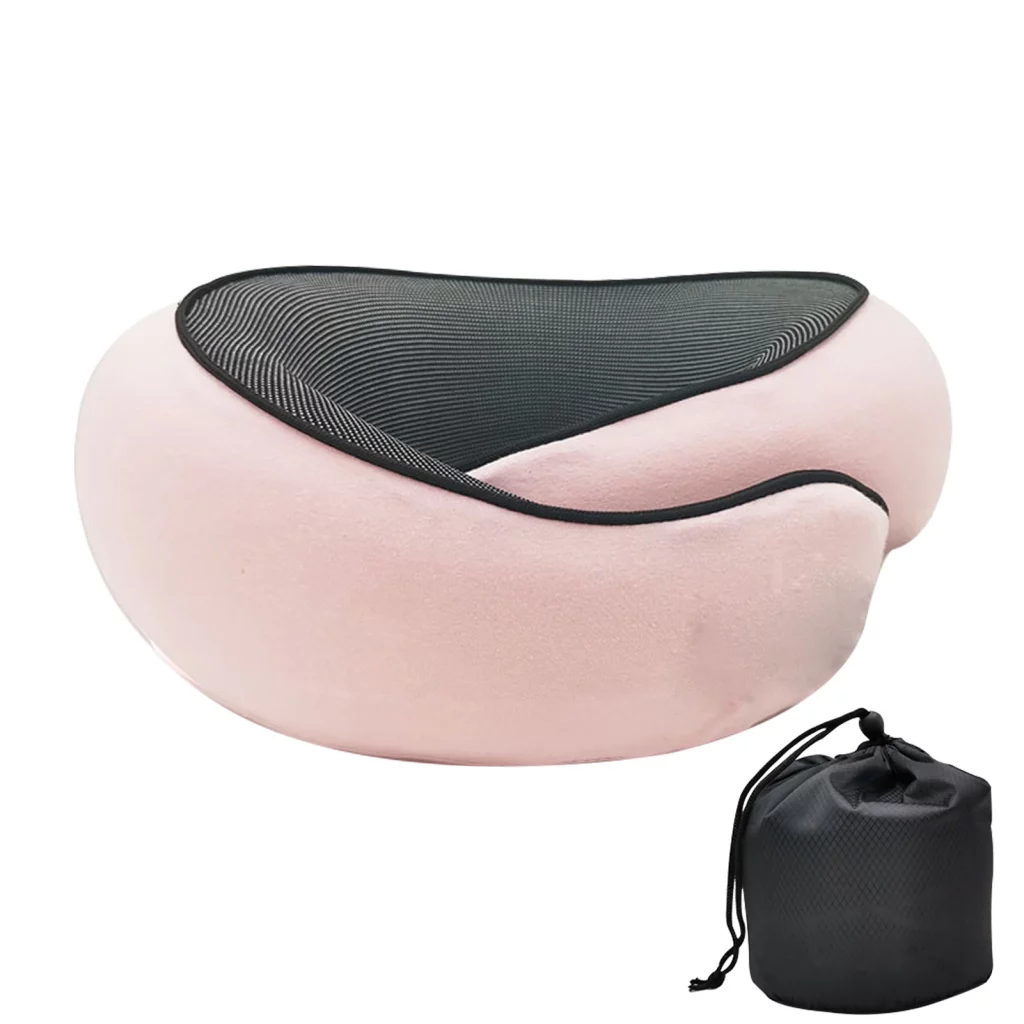
Struggling with neck pain and discomfort during long journeys? Say no more, Travel Neck Buddy™ guarantees a relaxed and refreshed journey!
The Travel Neck Buddy™ is the ultimate travel companion for your neck. Designed for maximum support and comfort, it provides relief for those long trips. Its ergonomic design promotes proper posture, reducing neck strain and stiffness. Made from high-quality materials, it’s durable, lightweight, and easy to pack. Say goodbye to uncomfortable travel and hello to relaxation with the Travel Neck Buddy™.
- No more neck pain, enjoy your sleep.
- Relieves stress and tension.
- Compact & Lightweight.
- 30 Day money back guarantee.

AquaFresh™ Pro Portable Cooling Fan

Stay cool and refreshed with the AquaFresh™ Pro Portable Cooling Fan. This expertly crafted fan uses advanced cooling technology to provide a powerful and precise airflow, perfect for keeping you comfortable in any environment. With its portable design, you can take the AquaFresh™ Pro wherever you need a cool and refreshing breeze.

Drink ‘O’ Pup™
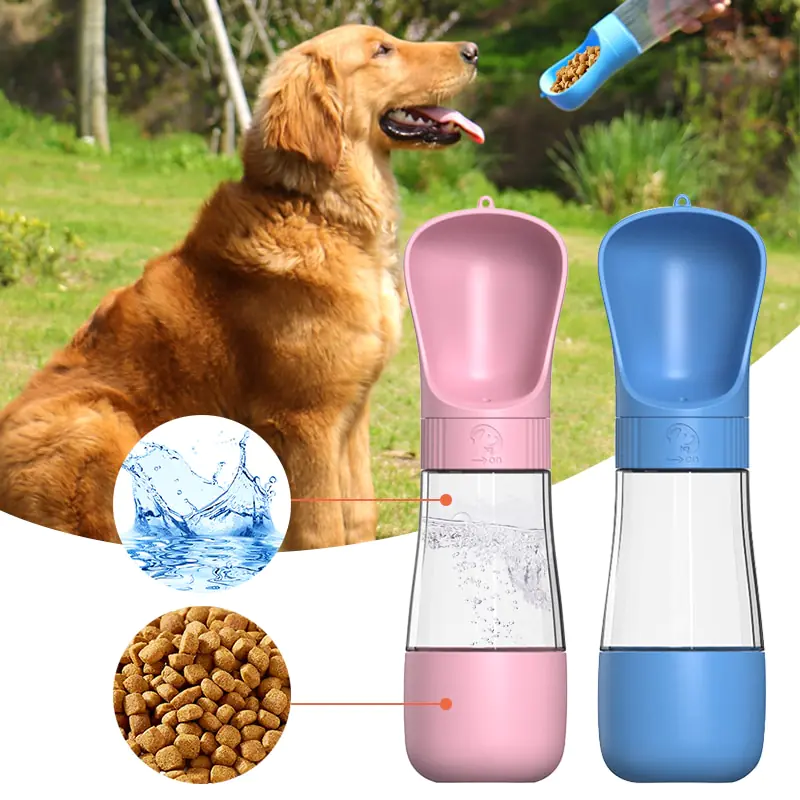
Drink ‘O’ Pup™ – our Pet Travel Water Bottle – the perfect solution to keep your furry friend hydrated on the go! Whether you’re embarking on adventures big or small, this innovative bottle with a built-in bowl ensures instant hydration for your pet during walks, hikes, or trips.
- Convenience On-the-Go
- Hydration Made Easy
- Premium Quality
- Compact and Portable

FoodVac™ Mason Vacuum Sealer
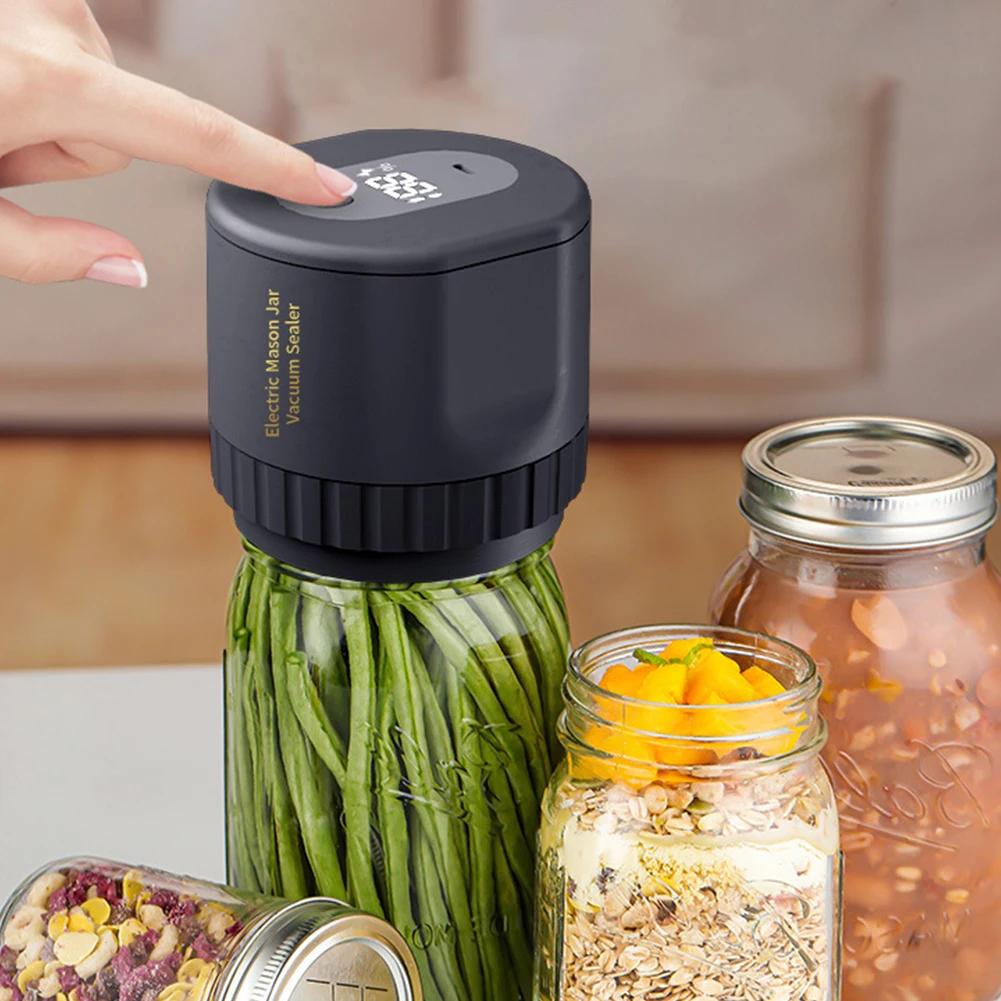
Efficiently preserve your food with the FoodVac™ Mason Vacuum Sealer. This expertly designed sealer utilizes vacuum technology to remove excess air, ensuring your food stays fresher for longer. With its compact size and simple operation, the FoodVac™ Mason Vacuum Sealer is the perfect addition to any kitchen.

Posture Aligner™ Pro Adjustable Shoulder Corrector
Fed up with poor posture leading to constant body pain, headaches, muscle tension, fatigue, and stress? Look no further – our Posture Aligner™ is the answer you’ve been seeking!
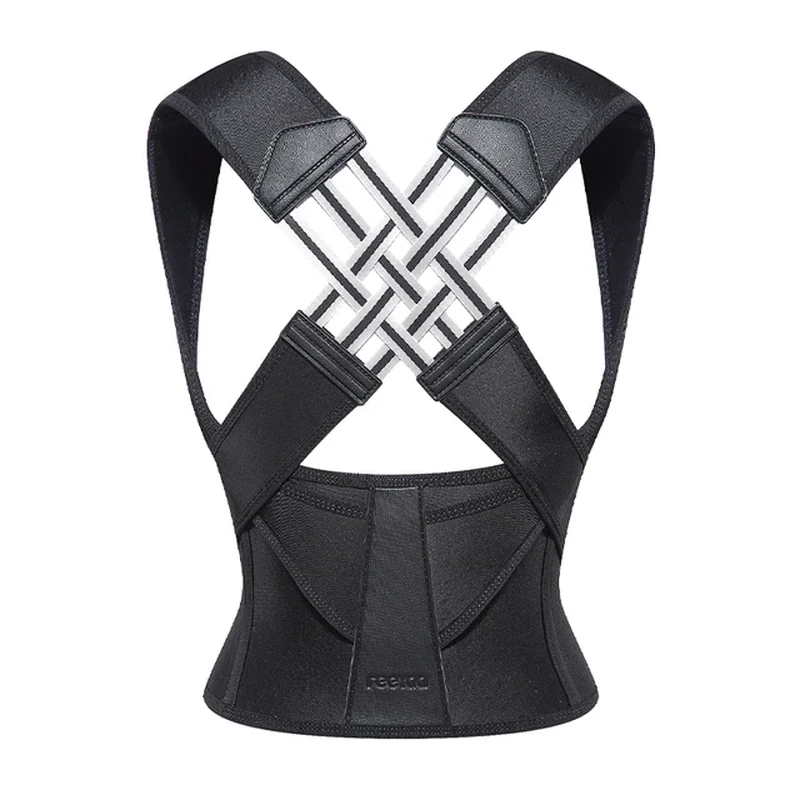
Improve your posture and reduce discomfort with Posture Aligner™ Pro. This adjustable shoulder corrector helps align your shoulders, reducing strain on your neck and back. Made with expertly designed features, let Posture Aligner™ Pro improve your posture and increase overall comfort.

Sharknado Cozy Blanket Hoodie™
Introducing the Sharknado Cozy Blanket Hoodie™, the perfect addition to your loungewear collection. Made with luxurious, soft fabric, this hoodie keeps you warm and comfortable while showcasing a fun Sharknado design. Perfect for movie nights or lazy weekends, this versatile hoodie is a must-have for any shark lover.
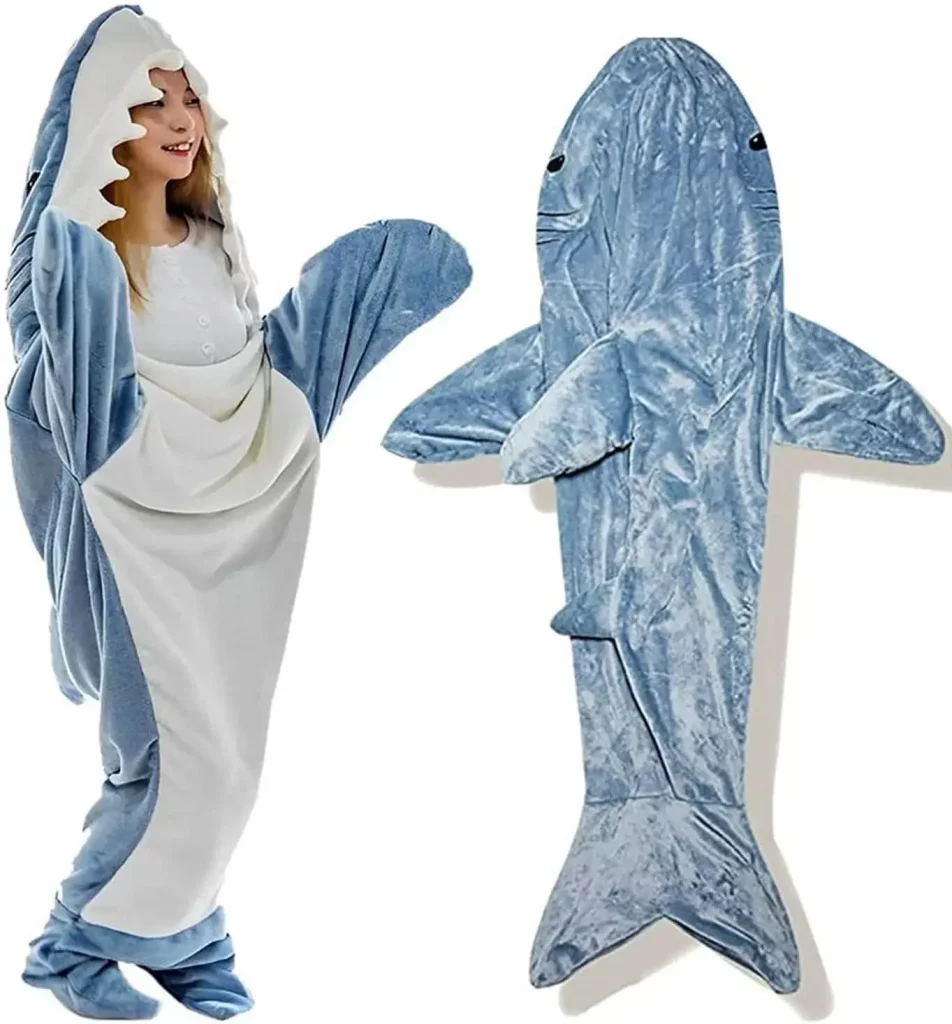
Super Soft Cute Sleeping Shark Flannel Blanket Hoodie. Get ready to unleash your inner shark and dominate the sleepover scene with our Sharknado Cozy Blanket Hoodie™!
Crafted from comfortable fabric and boasting an irresistible design, these shark-themed blankies are guaranteed to elevate your thrilling, shark-loving adventures to a whole new level of coziness!
Wide Leg Breezy Pants

Introducing our lightweight and breezy pants, crafted from luxuriously soft and breathable organic cotton. Say goodbye to denim stiffness and hello to ultimate comfort with these wide-leg silhouette pants, complete with a cozy waistband for added ease.
Features include:
– Silky smooth, breathable organic cotton fabric
– Eye-catching tropical pattern for a bold look
– Stylish contrasting sage back pockets
– Convenient roomy side pockets for essentials
– Elastic waistband with a drawstring for a customizable fit
– Wide leg cut for a relaxed and laid-back vibe
Fruity Splash™ Portable Juicer
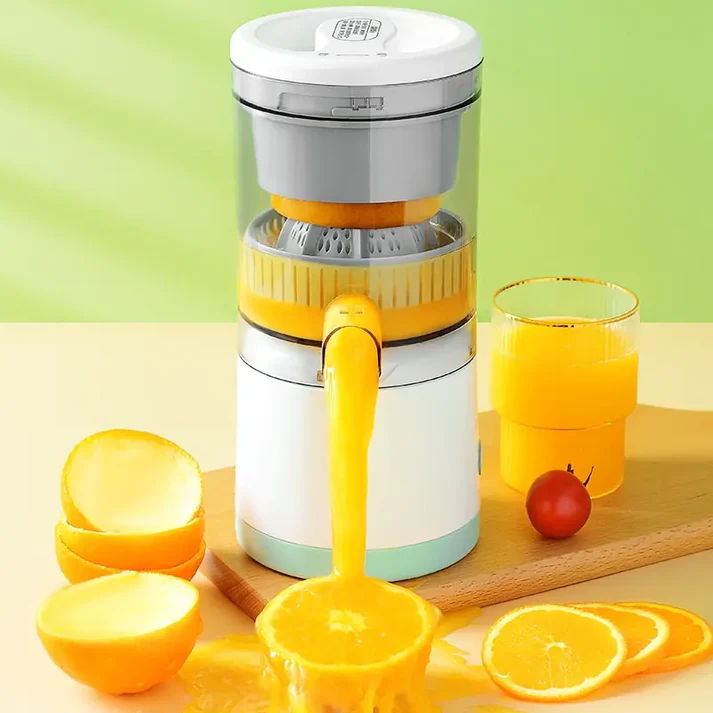
The GleamMour Fruity Splash™ is a portable electric juicer that is perfect for those looking to add more fruits to their diet. With its USB charging capabilities, you can easily take it on the go and create delicious and healthy fruit blends wherever you are. Say goodbye to boring and mundane drinks and hello to a fruity splash of flavor.
Effortlessly create fresh, healthy juice on-the-go with the Fruity Splash™ Portable Juicer. Its compact design and powerful motor make it perfect for travel. Extract up to 99% of nutrients from fruits and vegetables, making it the perfect tool for achieving your health goals.
Mr. White™ Ultrasonic Rechargeable Toothbrush
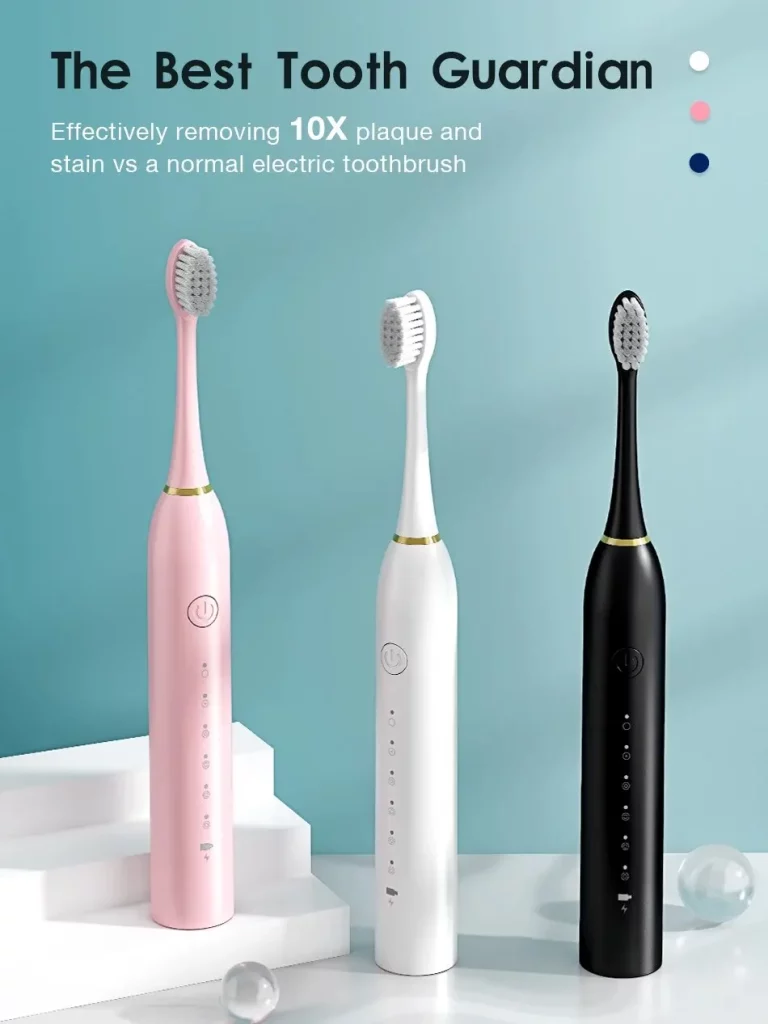
Transform your oral care with our Newly Upgraded Fully Automatic High-Frequency Electric Ultrasonic Rechargeable Toothbrush.
Upgrade your dental hygiene routine with the Mr. White Ultrasonic Rechargeable Toothbrush Cleaner. Engineered to eliminate plaque, tartar, and stubborn dental calculus effortlessly, this state-of-the-art device harnesses high-frequency vibrations to provide a comprehensive and efficient clean. Bid farewell to tedious manual scraping and welcome a gentle yet potent solution for achieving cleaner, healthier teeth.
Conclusion
With these top 10 Amazon finds, you’re all set to enjoy your summer like never before. Whether you’re lounging by the pool, hitting the beach, or hosting a backyard barbecue, these items will help you make the most of the season. So gear up, get outside, and create unforgettable summer memories with family and friends!



